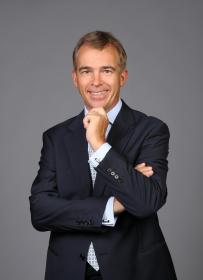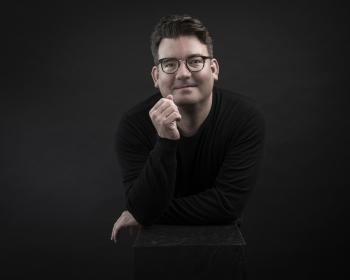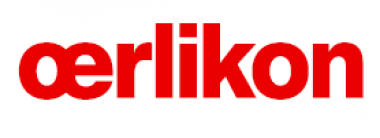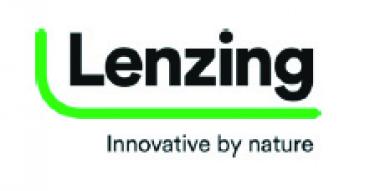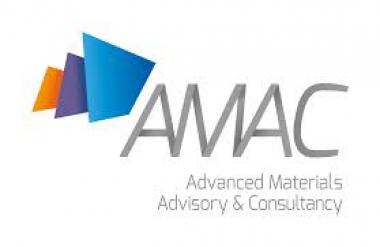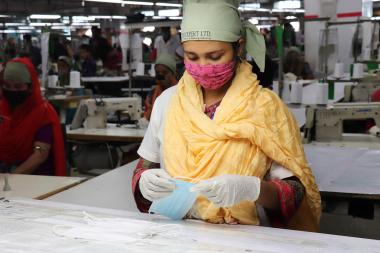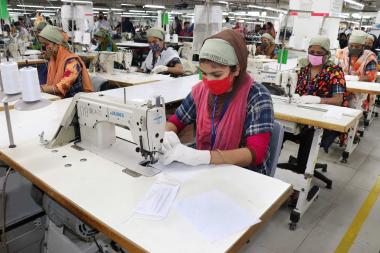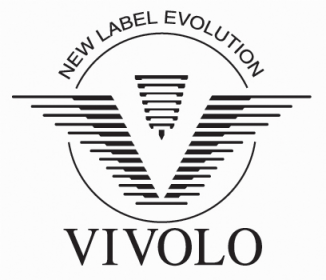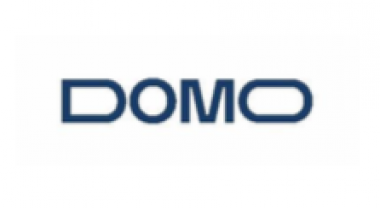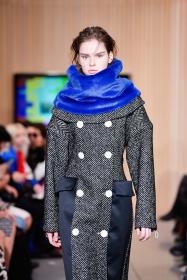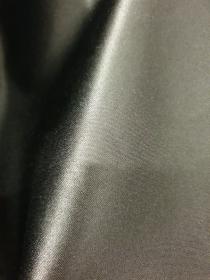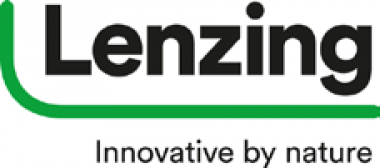SGL Carbon achieves results in line with initial expectations
No significant impact yet from Covid-19 pandemic in the first quarter 2020:
- Group sales revenues at 247 million euros approximately 15 percent below prior year’s level, but slightly above the guidance corridor (220 to 240 million euros) as published in March 2020
- Decline in Group sales due to changes in the lithium-ion battery supply chain in the business unit Graphite Materials & Systems (GMS) as well as restructuring-driven lower sales in Textile Fibers in the business unit Composites – Fibers & Materials (CFM)
- Group recurring EBIT approximately 50 percent below prior year level at 9 million euros and at the upper end of the guidance corridor (mid to high single-digit million euros amount)
- Due to timely implemented measures and in contrast to the usual seasonal pattern, liquidity of approximately 150 million euros as of March 31, 2020 developed very favorably compared to year-end 2019 (137 million euros)
- Dr. Michael Majerus, Spokesman of the Board of Management of SGL Carbon: “We acted decisively and took various measures at an early stage, both to ensure the safety of our employees and to mitigate the economic impact of the pandemic.”
- Guidance for the full year 2020 remains suspended due to the impacts of the Covid-19 pandemic; decline in Group sales revenue and negative Group recurring EBIT expected for the second quarter 2020
In the first quarter 2020, SGL Carbon has not yet been significantly impacted by the Covid-19 pandemic and reached sales revenues slightly above the guidance corridor of 220 to 240 million euros published on March 12, 2020. In total, Group sales at 247 million euros was approximately 15 percent below the prior year level. The development is primarily attributable to changes in the lithium-ion battery supply chain in the business unit Graphite Materials & Systems (GMS) as well as to restructuring-driven lower sales in Textile Fibers in the business unit Composites – Fibers & Materials (CFM). As planned, Group recurring EBIT decreased by approximately 50 percent to 9 million euros and thus reached the upper end of the guidance corridor of a mid to high single-digit million euros amount.
As the global measures taken to contain the pandemic led to disruptions in production and supply chains in April and early May 2020, a significant double-digit percentage decrease in Group sales revenue and a negative Group recurring EBIT are expected for the second quarter 2020.
SGL Carbon implemented various measures to counter the economic impact of the pandemic at an early stage. For this reason, liquidity developed very favorably compared to year-end 2019 and in contrast to the usual seasonal pattern and improved from 137 million to approximately 150 million euros.
SGL Carbon
SGL Carbon SE





